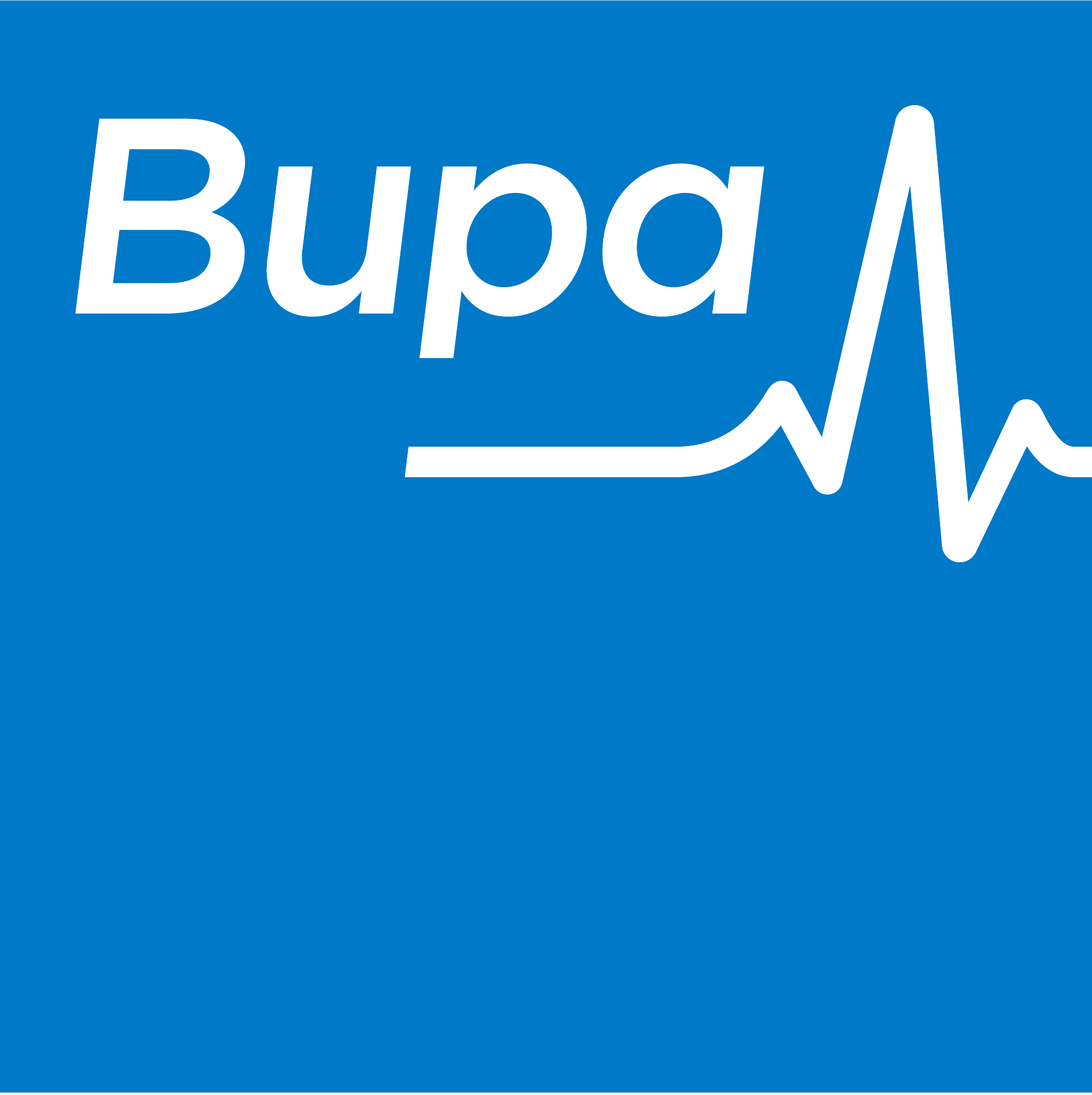In today’s workplace, employees increasingly expect their employer to provide support for their mental and physical wellbeing. Right at the forefront of this are line managers. With the average business seeing 55% more days lost in the last four years due to short- or long-term illness, they have a crucial role to help embed a more preventative and positive wellbeing culture. Yet just how many have the confidence – let alone the training – to deal with this unprecedented rise in employee sickness levels?
One in three employees say their managers fail to recognise the impact they have on their team’s mental health and wellbeing. Despite that, seven out of 10 would like their company and manager to do more to support their mental health. But when it comes to the potential impact line managers can have on health, they are up there with a spouse or partner (both at 69%) and have a greater impact than a doctor (51%) or even a therapist (41%). So the potential is there – even if it’s untapped for many organisations.
What’s my role?
A starting point has to be ensuring that line managers understand their key role in people’s health and wellbeing. Of course, training and development focused on practical elements of line management matter. But equally the so called ‘soft skills’ also come into play. This really is critical, as right now only 18% of employees trust their employer to help them with their health and wellbeing concerns. So, it all starts with the culture – which has to be supportive and compassionate if it’s to have any impact at all.
With the right training, the line manager is ideally placed to be able to identify the first signs of stress or burnout, or any other developing health issues. By providing timely intervention, they can therefore head off more serious illnesses before they develop into a full-blown crisis. But in addition to the training, they also need to have access to the fullest range of resources to enable them to give the optimum level of support, be these wellness initiatives or access to mental health services. Knowing how to navigate and utilise these resources has to be an essential component of their training if they are to provide the highest level of aid for their teams.
Our commitment
In recognition of this, Bupa is already investing in a full range of support services which are available right now to line managers. We have created toolkits on a wide range of concerns, plus guides supporting employees with such areas as addiction, fertility, and men’s health, including sexual health. Our target is to reach 1.5 million line managers and 500,000 HR professionals in the next three years – all focused on helping them to create healthier and happier workforces.
By investing in training and resources for line managers, we believe these vital first responders can assist their organisations to deliver healthier, more supportive and, therefore, more productive workplaces. That’s ultimately better for everyone – employees and companies alike. But most of all, it’s about equipping those vital first responder line managers with the tools and techniques that make that happen.
Richard Norris, general manager for business and specialist products, Bupa UK Insurance
To find out more about how your organisation can access Bupa’s full range of support services, click here.











